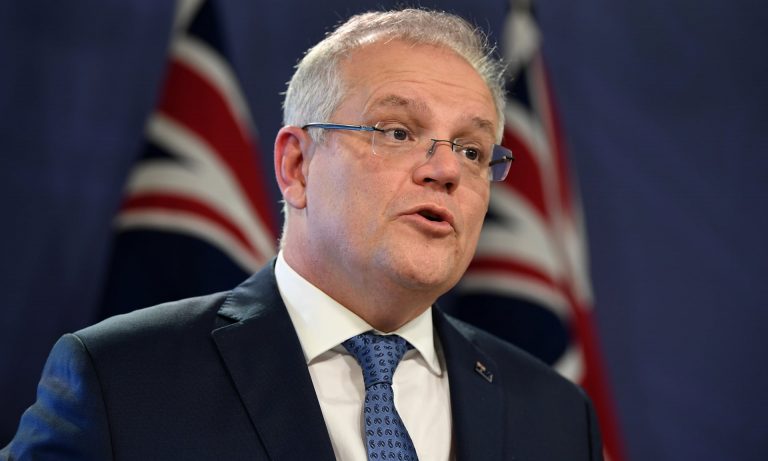
Australian government has announced the ban of “non-essential” gatherings of more than 100 people in response to the coronavirus pandemic.
Prime Minister Scott Morrison announced sweeping new measures on Wednesday, including discouraging travel overseas.
But he said schools, public transport and public squares would remain open, avoiding the kind of shutdown seen in some nations.
Australia has recorded over 450 positive tests and five deaths, with a sharp rise in cases in the past week.
However, the numbers remain lower than in Europe and North America.
Following a meeting of cabinet officials on Tuesday night, Mr Morrison said the government had declared a “biosecurity emergency”. He described it as a “one in a hundred-year event” but urged the public to remain calm.
“We haven’t seen this sort of thing in Australia since the end of the First World War. But together, we are up to this challenge,” he said.
As part of the new restrictions, workplaces, prisons and other “essential” places will still operate as normal.
The doubling of Australian case numbers in the past week has sparked public concern, increasing debate about whether schools and other places should shut.
Many office workers have also begun working from home as Australians practice social distancing measures.
Similarly, other events such as religious gatherings of more than 100 people and concerts in small venues will also be prohibited.





